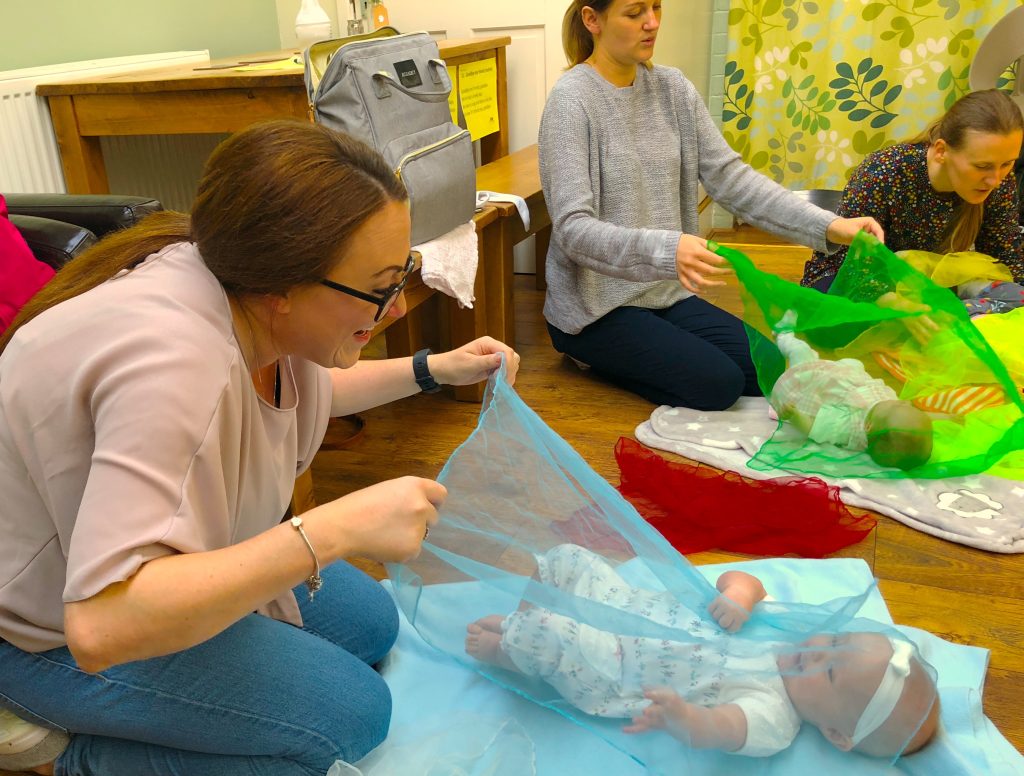
Introduction:
Pregnancy is a miraculous and transformative experience in a woman’s life. Along with the physical changes, emotional well-being plays a crucial role in ensuring a healthy pregnancy and the well-being of both the mother and the baby. One delightful and often overlooked way to enhance the overall prenatal experience is through the power of singing. Not only does singing bring joy and relaxation, but it also offers an array of benefits that positively impact maternal health, infant development, and the mother-infant bond.
1. Maternal Heart Rate and Blood Pressure:
Engaging in singing during pregnancy has been linked to a reduction in maternal heart rate and blood pressure. The calming effect of singing helps alleviate stress and promotes cardiovascular health, contributing to a smoother pregnancy journey.
2. Mother-Infant Bonding:
Singing creates a unique connection between the mother and her unborn child. The vibrations of the mother’s voice stimulate the baby’s developing auditory system, fostering a sense of closeness and familiarity even before birth. This early bonding sets the foundation for a strong emotional connection after delivery.
3. Mood Enhancement:
Pregnancy hormones can lead to mood swings and emotional fluctuations. Singing triggers the release of endorphins, commonly referred to as “feel-good” hormones. This natural mood booster helps alleviate anxiety, stress, and even symptoms of depression, promoting a more positive emotional state.
4. Pregnancy and Labor Anxiety:
Singing acts as a powerful relaxation technique, reducing anxiety related to pregnancy and labor. Regular practice of singing can equip mothers with effective coping mechanisms, leading to a more relaxed and smoother labor experience.
5. Pain Management:
The distraction provided by singing can contribute to pain management during labor. The rhythmic breathing and focus on melody can help divert attention away from pain, aiding in a more comfortable birthing process.
6. Postnatal Depression Prevention:
Singing during pregnancy has been associated with a reduced risk of postnatal depression. The emotional connection established through prenatal singing extends post-birth, offering mothers a sense of support and emotional well-being during the challenging postpartum period.
7. Stress Reduction:
The soothing effects of singing help lower stress hormone levels in expectant mothers. By promoting relaxation, singing contributes to a healthier pregnancy and reduces the risk of stress-related complications.
8. Fetal Movement and Heart Rate:
Singing encourages fetal movement and helps regulate the baby’s heart rate. The rhythmic patterns of a mother’s voice can influence the baby’s movements and contribute to the development of the fetal nervous system.
9. Infant Auditory Memory and Mental Health:
Babies exposed to their mother’s singing in the womb tend to have better auditory memory and processing skills. This early exposure lays the groundwork for improved cognitive development and mental well-being.
10. Infant Distress and Crying:
The familiar sound of the mother’s voice, established through prenatal singing, can act as a soothing mechanism for infants. Babies recognize the comforting tones of their mother’s songs, reducing distress and crying episodes.
11. Infant Neonatal Crying and Colic:
Singing helps reduce neonatal crying and colic symptoms. The calming effects of a mother’s voice extend beyond the womb, providing a familiar and reassuring environment for the newborn.
Conclusion:
Singing during pregnancy is a simple yet powerful way to enhance maternal well-being, nurture the mother-infant bond, and positively impact the physical and emotional health of both the mother and the baby. The harmonious connection established through prenatal singing lays the foundation for a healthier and more joyful pregnancy journey, as well as a promising start to the infant’s life. Embracing the gift of song during pregnancy can create lasting benefits that resonate far beyond the nine months, fostering a lifelong connection between mother and child.
